Snooker and Pool might look similar to the untrained eye, but they have distinct differences in terms of rules, table size, and gameplay. Understanding these differences will help you appreciate both games better, whether you’re playing or just watching. Let’s dive into the key differences between snooker and pool in simple terms.
Snooker vs. Pool: An Overview
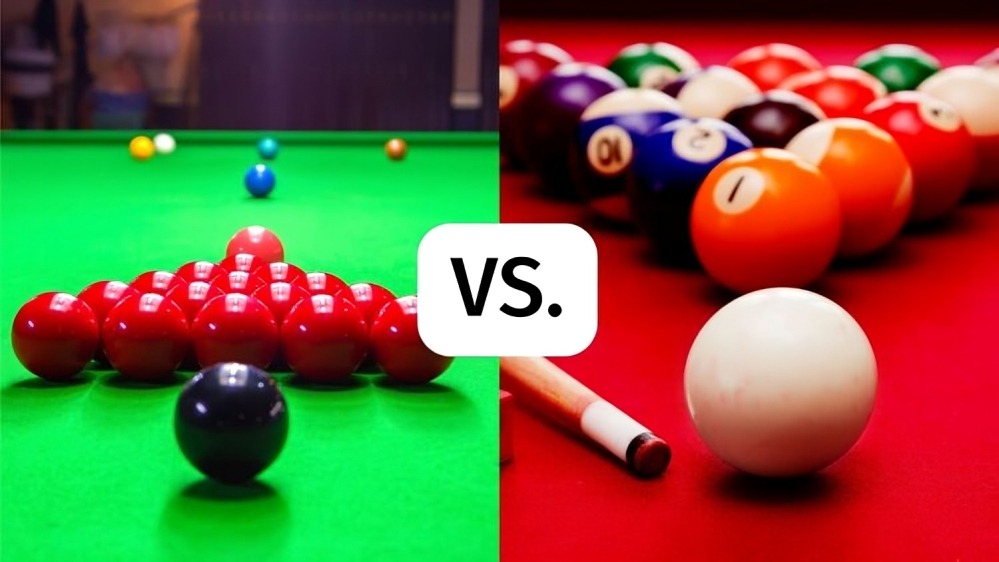
Snooker and Pool are both well-loved cue sports that draw attention from fans worldwide. Although both involve using cue sticks to hit balls on a felt-covered table, their gameplay, equipment, and rules are quite distinct. Let’s dive into what sets snooker apart from the pool.
Table Size and Equipment
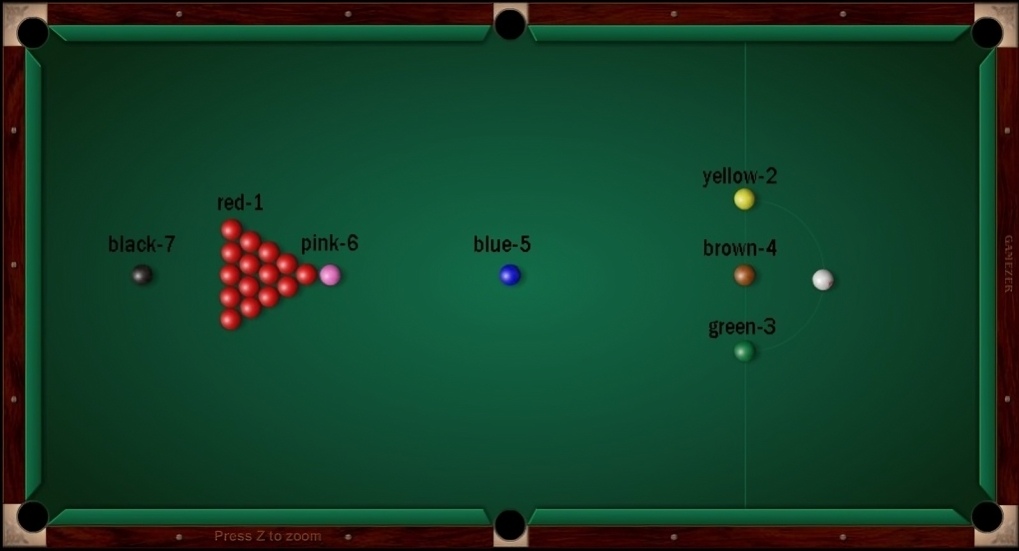
One of the most noticeable differences between snooker and pool is the size of their tables. Snooker tables are much larger, measuring 12 feet by 6 feet, while pool tables are typically 7, 8, or 9 feet long. The balls in each game differ too—snooker uses 22 balls, including 15 red balls, six colored balls, and one white cue ball. Pool games, however, have 16 balls: 15 object balls (either solid or striped) and a white cue ball.
So, if you see a big table with mostly red balls, you’re likely looking at a snooker setup.
Gameplay and Scoring System
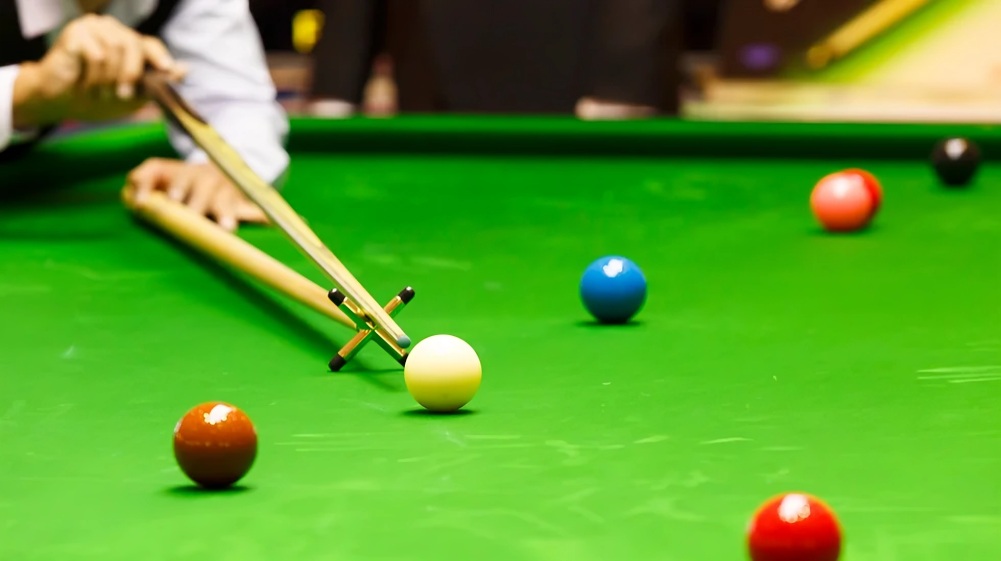
Snooker’s gameplay involves potting red balls followed by colored balls, with each successful pot earning points. The scoring varies based on the color of the balls, with the black ball offering the highest points. A player’s turn continues until they miss or all red balls are potted.
In a pool, players aim to pocket either solid or striped balls before moving on to the 8-ball to win the game. The point system in the pool is simpler, as players focus on sinking their assigned set of balls.
In short, snooker is more about accumulating points, while pool centers around pocketing specific balls and the 8-ball.
Also Read: What’s the Difference Between MMA and UFC?
Cue Sticks and Technique

The cue sticks and techniques also vary between these two sports. Snooker cues are longer and thinner, designed for precise shots across a larger table area. Pool cues are shorter and sturdier, with a larger tip to handle the different types of shots needed on a smaller pool table. Snooker players often use a bridge due to the size of the table.
Complexity and Strategy
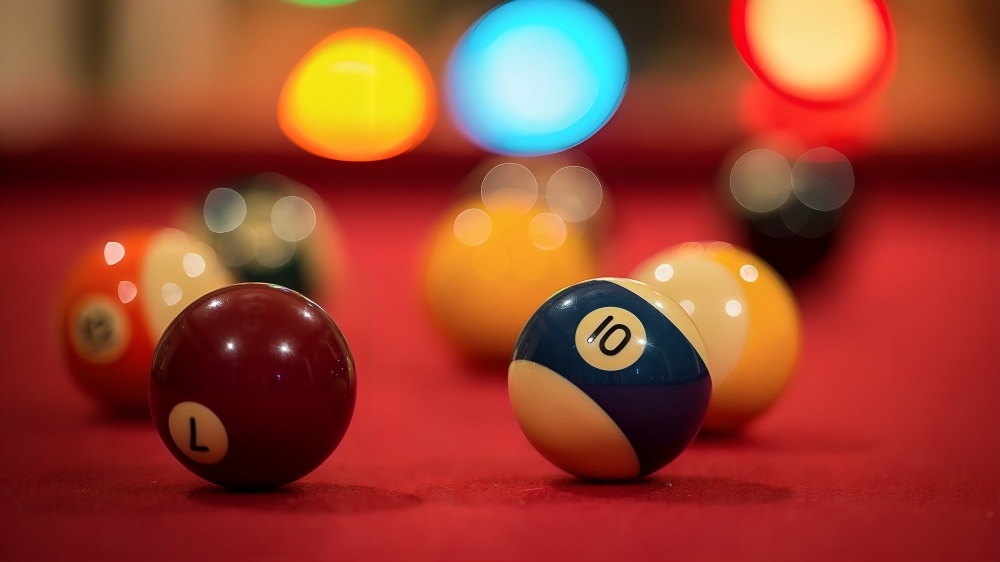
Snooker is considered more challenging and strategic because of its larger table size, smaller balls, and intricate scoring system. The precision needed for positioning the cue ball for future shots adds to the complexity of snooker.
Pool, while still requiring skill and strategy, is generally more accessible due to its smaller table size and straightforward scoring rules. This makes it easier for beginners to pick up compared to snooker.
Also Read: Top 5 World’s Most Expensive Football Trophies
Popularity and Global Reach
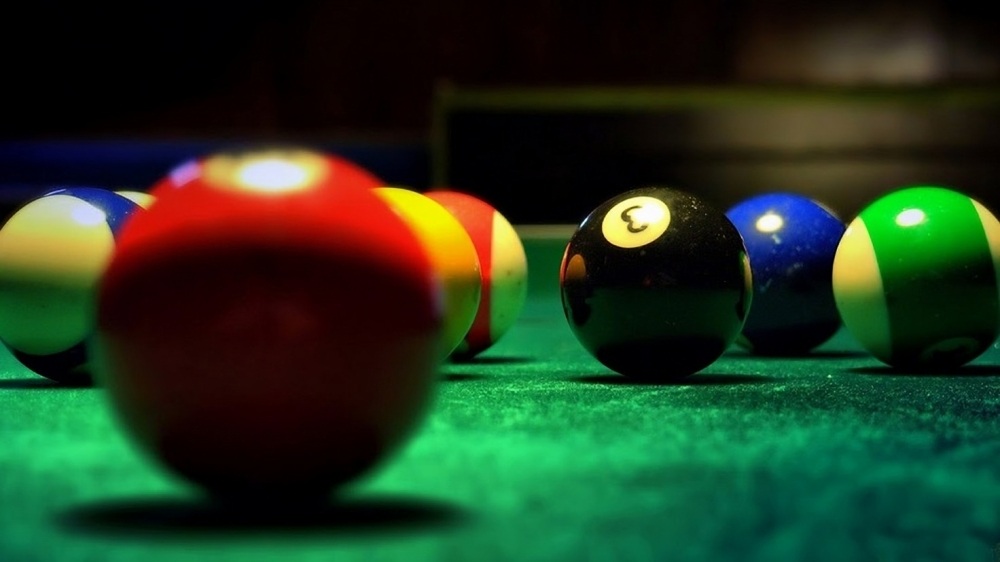
Pool enjoys wider popularity across the globe, especially in the United States and Europe, where various pool games are played casually in bars and game rooms. Its ease of play and smaller table size make it a favorite. Snooker, however, has a dedicated fan base, particularly in the UK and parts of Asia, where it is seen as a prestigious sport requiring high skill levels.
While both sports are growing in popularity, the pool has a broader reach, whereas snooker is cherished for its complexity and rich tradition.
Snooker or Pool: Which One Should You Try?

Whether you enjoy the strategic and precise nature of snooker or the more relaxed and accessible gameplay of pool, both sports offer a unique experience. Remember, the key to both games is to enjoy yourself, keep the table in good condition, and always respect the rules.
So, the next time you’re around a felt-covered table, you’ll know whether it’s a snooker or pool setup and can enjoy either game to its fullest.










